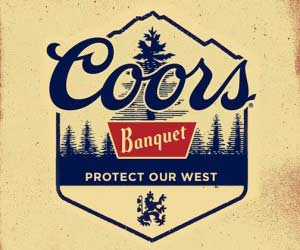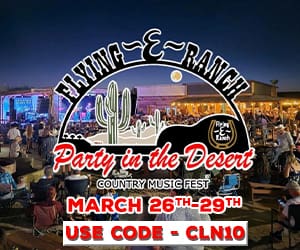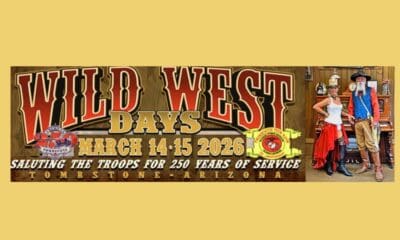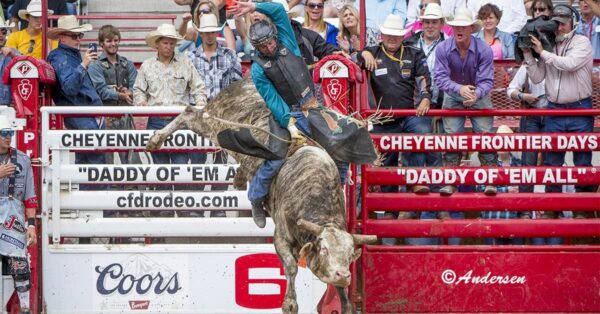Growing up on a ranch made an impression on horse trainer, Carson James. He took his days of running wild through pastures and background in Vaquero Horsemanship to develop a successful career working with horses. Taking real-life experiences from working on cattle ranches via horseback, Carson James uses his knowledge to train both horses and their humans to better understand each other, creating a stronger relationship.
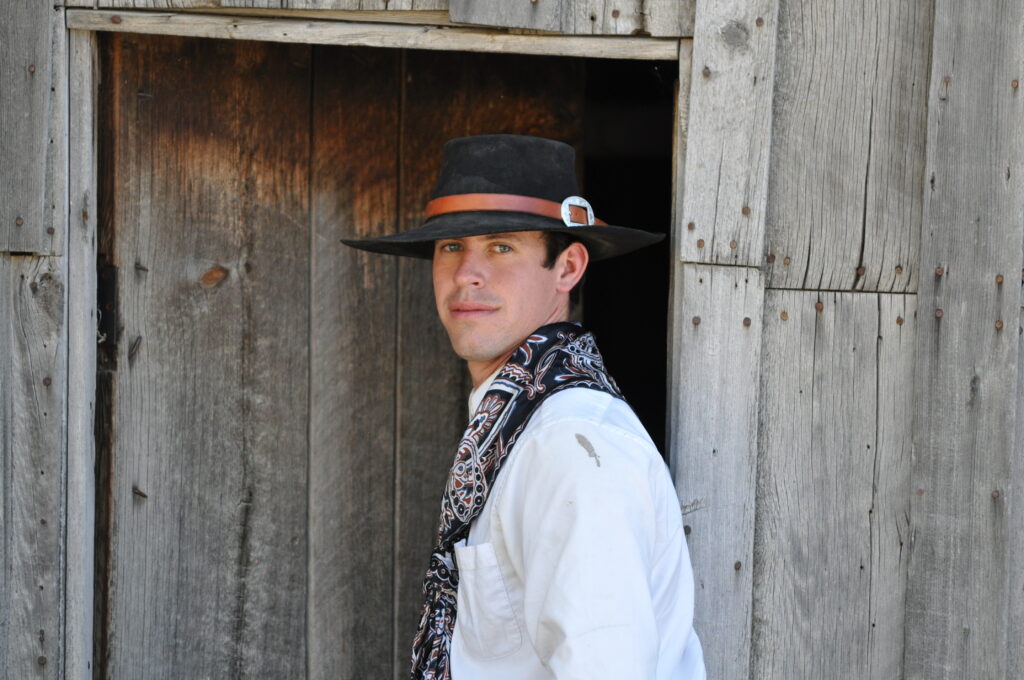
Getting Back to Your Roots
When I was a young kid, my parents worked on ranches in Montana and Wyoming. Being where we were, my brother and I were taught to be horseback early on and helped with branding as well. We lived far from town and there weren’t a lot of other kids around, so my brother and I became good at entertaining ourselves around the ranch. Eventually, my dad became a preacher and we lived on the road for some years traveling as a family going to rodeos doing Cowboy Church. We got to see the entire country and were always somewhere new. It was not a boring or uneventful childhood, for sure! As we got older, my brother and I worked for rodeo stock contractors and learned a lot about livestock.
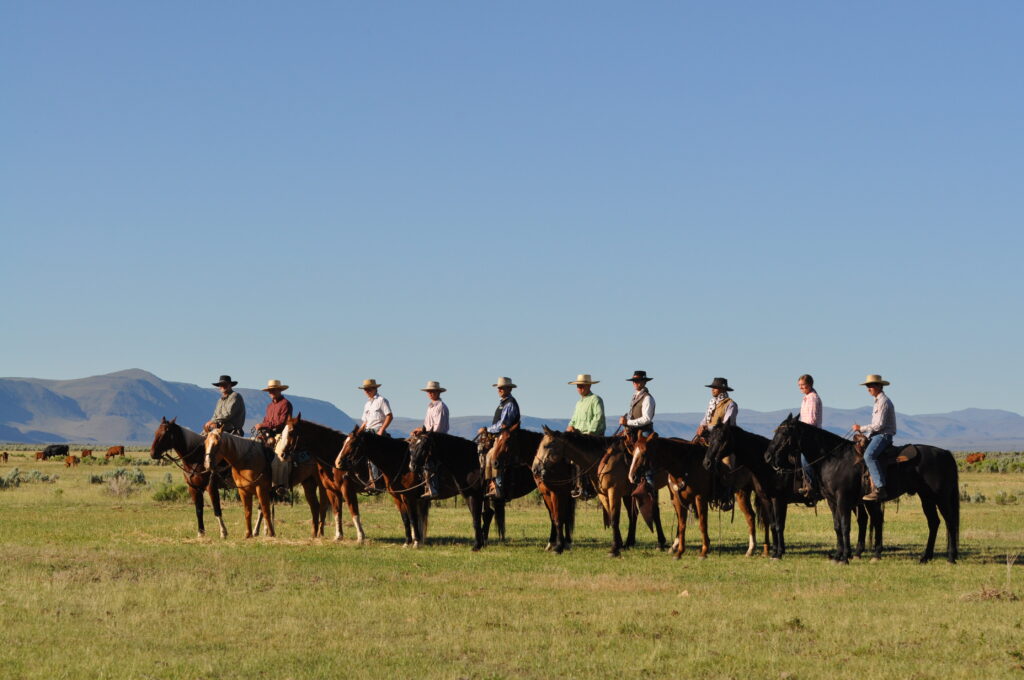
What started your career as a horse trainer?
When I was about 16, my family moved to Florida and I started exercising a few local horses for extra money. I began to wonder what was really going on in the mind of the horse underneath me. So I made it my life’s mission to find out.
At the age of 17, I went to Montana to spend some time with old family friends who start colts and train cutting horses. When I got back to Florida, I decided to start working horses for actual clients. Many of the animals I worked with were “problem” horses, so they taught me a lot! Most of the time I was with 8-10 clients a day. Later on, I worked for a great horseman who was a Reined Cow Horse Trainer where I was again, starting colts and working with his performance horses. I truly believe that I increased my skills on that ranch more than anywhere else.
I also rode with some great horsemen while working on ranches in Oregon and at the Diamond A Ranch in northern Arizona, along the southern rim of the Grand Canyon, where we were horseback every day getting a job done. I quickly realized that each horse will teach you something if you are paying attention.
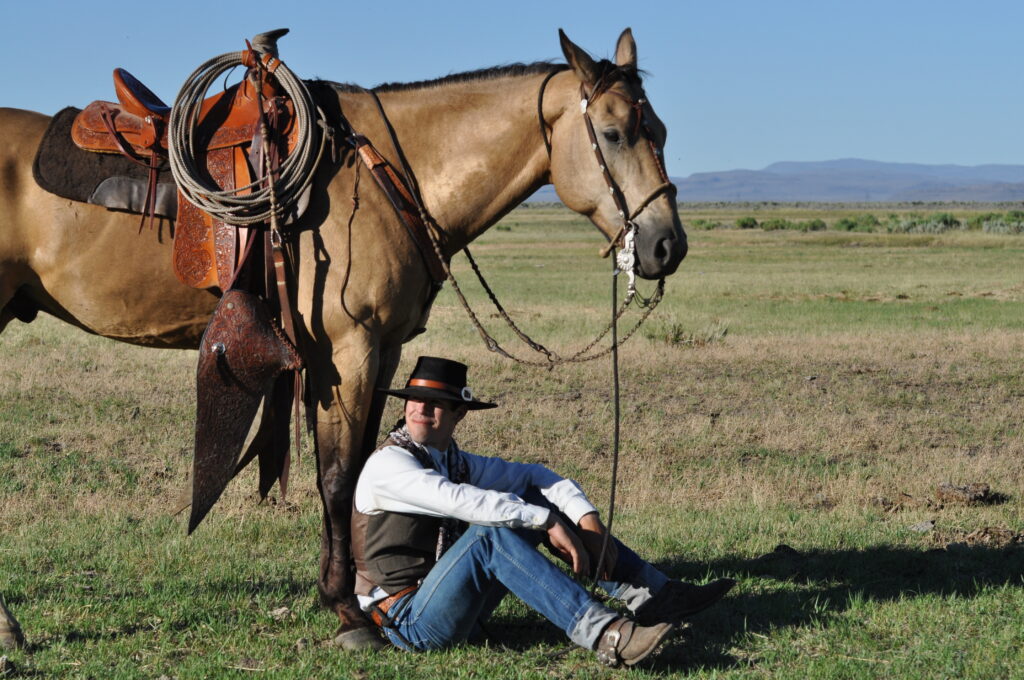
What was it like being a Buckaroo?
I wouldn’t trade my years of cowboying on buckaroo outfits for anything. It was an opportunity to “live the dream” and have the life that few ever get to experience. It’s definitely not for everybody though. Some people couldn’t deal with living so far from town or the long days of being on horseback from dawn till dusk. Some of the ranch horses were pretty strong-willed, but you still had to get a job done on them so you learned to get along. I spent summers in a remote cow camp with no electricity or running water, only coming out on the weekends to go into town for supplies. Spring branding time was the highlight of the year and we would always have a blast roping the calves to prepare them for the brand.
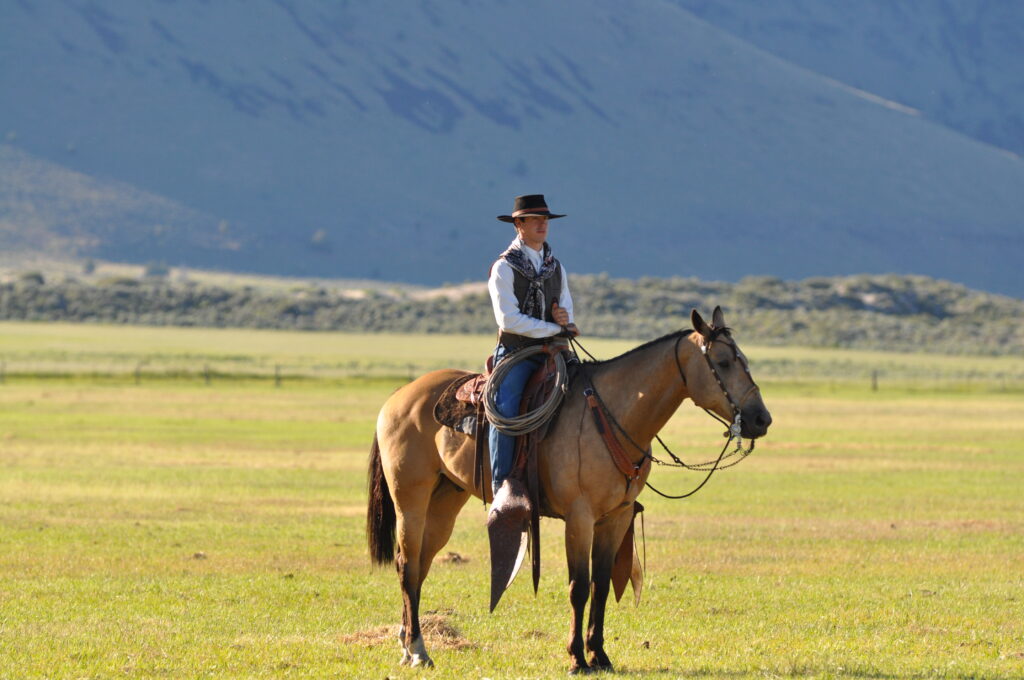
What do you do with your horse training now?
My wife and I now travel the country doing horsemanship clinics. Unfortunately, I never find time to take in outside client horses anymore. During the first few years of doing clinics, we spent 4-5 months on the road in our horse trailer. Now, we typically fly to the clinics or drive to the closer ones.
Our clinics are typically open to 24 participants in each one where they are broken into 2 groups of 12. The skill level of the horses and the participants varies greatly, but I try to work with them where they are and help them progress. I like to think of myself as the “Dog Whisperer” of horses. I really enjoy seeing the lightbulb moments for the clinic participants and especially for their horses. The biggest obstacle participants typically have is being afraid to allow the horse to travel on a loose rein. That is the game changer every time. Though I do end up riding most every horse at least once, the goal is not to “fix” their horse for them. I want to provide all participants with the knowledge, skill, and confidence to learn how to do that for themselves. My ultimate goal is to make participants feel like they leave there better and more equipped than when they came.
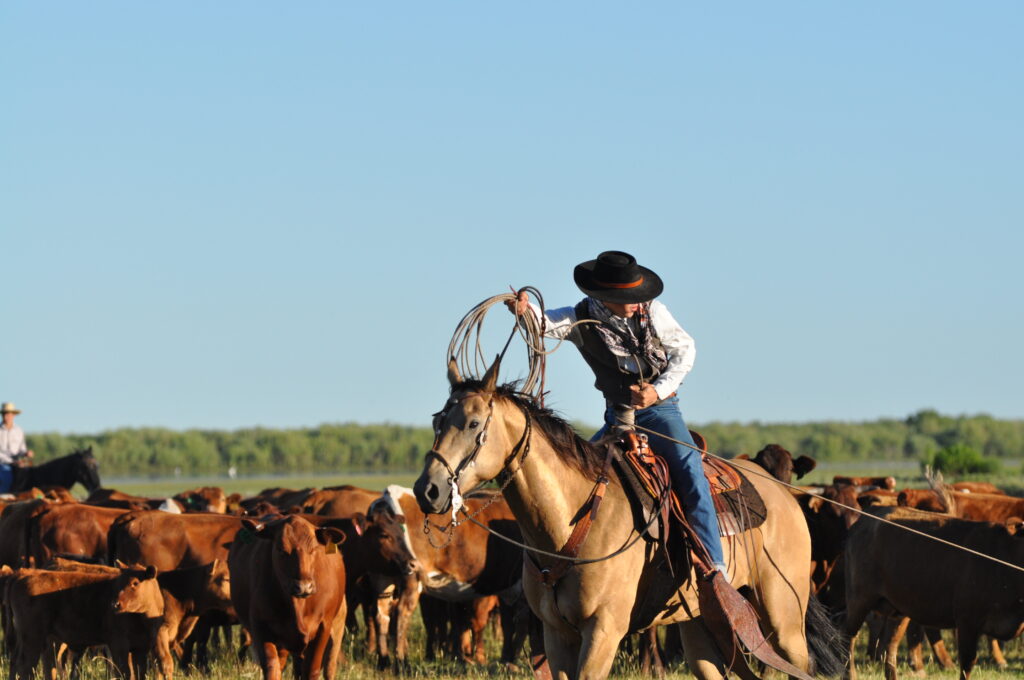
You can learn more about Carson James, purchase training videos, subscribe to his newsletter or Buckaroo Crew, and more on his website www.carsonjames.com.
Last Updated on 09/09/2022 by Lindsi Rian
CLN Community Sponsor


